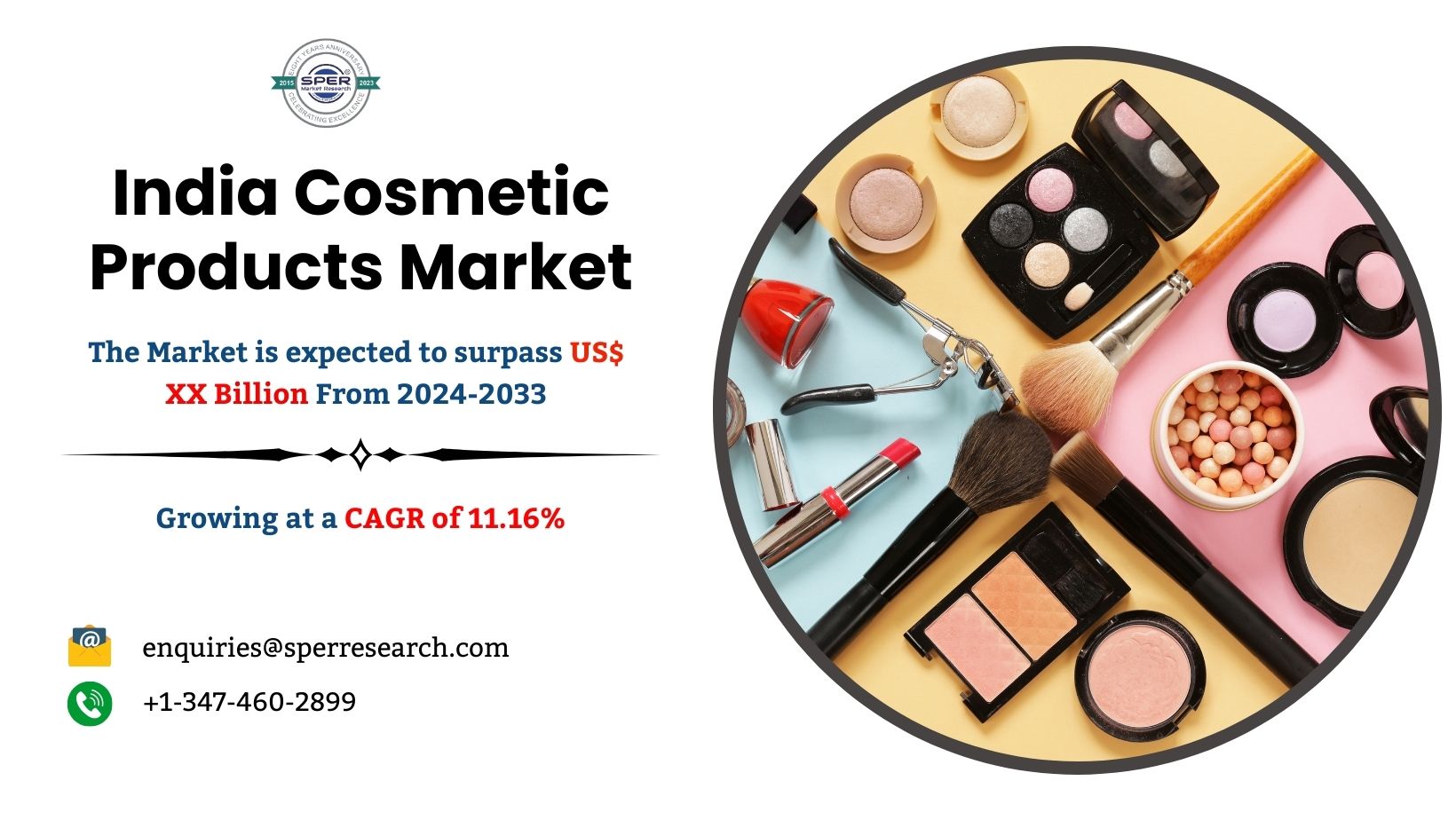The global plastic packaging market size was valued at USD 431.28 billion in 2023 and is expected to be worth USD 454.89 billion in 2024. The market is projected to reach USD 733.60 billion by 2032, recording a CAGR of 6.16% during the forecast period.
Plastic packaging is generally cheaper compared to other materials, such as glass or metal. The cost savings make plastic an attractive option for manufacturers looking to minimize their packaging costs. The ability to mold plastic into diverse shapes and sizes grants packaging designers a high degree of flexibility. This versatility enables the creation of custom packaging solutions tailored to meet the unique requirements of various products and consumer preferences, driving the expansion of the global market.
During the COVID-19 pandemic, the demand for single-use plastic packaging surged, particularly in healthcare and food delivery, driven by hygiene concerns and a shift to contactless services. Non-essential industries, such as automotive, cosmetics, and non-food retail, saw a decline in demand due to lockdowns and economic downturns, negatively impacting the demand for this type of packaging in these sectors.
Fortune Business Insights™ displays this information in a report titled, “Plastic Packaging Market, 2024-2032.”
Informational Source:
LIST OF KEY COMPANIES PROFILED IN THE REPORT:
- Amcor plc (Switzerland)
- Berry Global (U.S.)
- Nampak (South Africa)
- Silgan Holdings (U.S.)
- Sonoco Products Company (U.S.)
- Sealed Air (U.S.)
- Huhtamaki (Finland)
- UFlex Limited (India)
- ALPLA Group (Austria)
- Constantia Flexibles (Austria)
- Greif (U.S.)
- Graphic Packaging (U.S.)
- Mauser Packaging Solutions (U.S.)
- CCL Industries (Canada)
- Pactive Evergreen (U.S.)
- Transcontinental Inc. (Canada)
Segmentation:
Polyethylene (PE) Represents Largest Segment in Market Due to its Affordability, Widespread Availability, and Superior Recyclability
Based on material, the market is segmented into Polyethylene (PE) [High Density Polyethylene (HDPE), Low-Density Polyethylene (LDPE)], Polypropylene (PP), Polyethylene Terephthalate (PET), Polyvinyl Chloride (PVC), Polystyrene (PS), bioplastic, and others. Polyethylene (PE) represents the largest segment of the market. Its affordability, widespread availability, and superior recyclability are contributing to the segment’s market growth.
Rigid Plastic Leads Market as it Enhances Product Visibility and Shelf Appeal
Based on product type, the market is segmented into rigid plastic [bottles & jars, containers, trays & pallets, IBCs & drums, caps & closures, and others] and flexible plastic [bags, pouches & sachets, films & laminates, tapes & labels, tubes, and others]. The rigid plastic segment leads the global market, offering packaging solutions that can be either transparent or colored. This transparency allows consumers to view the product inside, significantly enhancing product visibility and shelf appeal, thereby contributing to the growth of this segment.
Food and Beverage Dominates Due to Increasing Demand for Plastic Packaging in Alcoholic and Soft Drink Industries
Based on end-use industry, the market is segmented into food & beverage, healthcare, home care & personal care, industrial, e-commerce, and others. Food and beverage is the most prominent in the market driven by the increasing demand for plastic packaging, particularly in the alcoholic and soft drink industries.
With respect to region, the market covers North America, Latin America, Europe, the Middle East & Africa, and Asia Pacific.
Report Coverage:
The report has conducted a detailed study of the market and highlighted several critical areas, such as leading applications, materials, product types, end-use industries, and key market players. It has also focused on the latest market trends and key industry developments. Apart from the aforementioned factors, the report has given information on many other factors that have helped the market grow.
Drivers and Restraints:
Versatility and Rigidity Options of Plastic Packaging to Drive Market Growth
Plastic packaging materials such as Polyethylene (PE), Polypropylene (PP), and Polyethylene Terephthalate (PET) offer versatility in molding and shaping to meet specific requirements for food, electronics, and household items. This type of packaging provides flexibility and rigidity options, allowing precise fitting around products for protection, aesthetics, and safety during transportation. Its customizable size and shape optimize logistics and storage efficiency by minimizing wasted space and reducing transportation costs and environmental impact. Tailored packaging maximizes the use of available space in shipping, enabling more products to be transported per shipment, thereby contributing to the market’s growth.
However, consumer preferences and corporate sustainability objectives are promoting a shift to sustainable packaging materials, which is decreasing the demand for traditional plastic packaging and constraining plastic packaging market growth.
Regional Insights:
Asia Pacific is Dominating Market Driven by Increasing Trade of Various Products Among Countries in Region
Asia Pacific is the dominating region in the market driven by the increasing trade of fruits & vegetables, meat, seafood & poultry among India, China, and Japan.
Europe is expected to witness moderate growth in the coming years, primarily due to rising demand and awareness regarding sustainable packaging. The expansion of production capacities for bioplastic-based sustainable packaging is contributing to the region’s market growth.
Competitive Landscape:
Key Players to Adopt Various Strategies to Broaden Their Customer Base
The global market is characterized by fragmentation and high competition. A limited number of key players hold substantial plastic packaging market shares, leveraging their capacity for innovation to lead the industry. These players consistently focus on broadening their customer base across various regions while prioritizing innovation in their packaging solutions.
Notable Industry Development:
November 2023: Mondi collaborated with Skånemejerier to introduce a mono-material PP packaging solution specifically designed for cheese. This innovative packaging includes both web and lidding film and provides several advantages, such as superior barrier properties, enhanced protection, and outstanding print quality.



